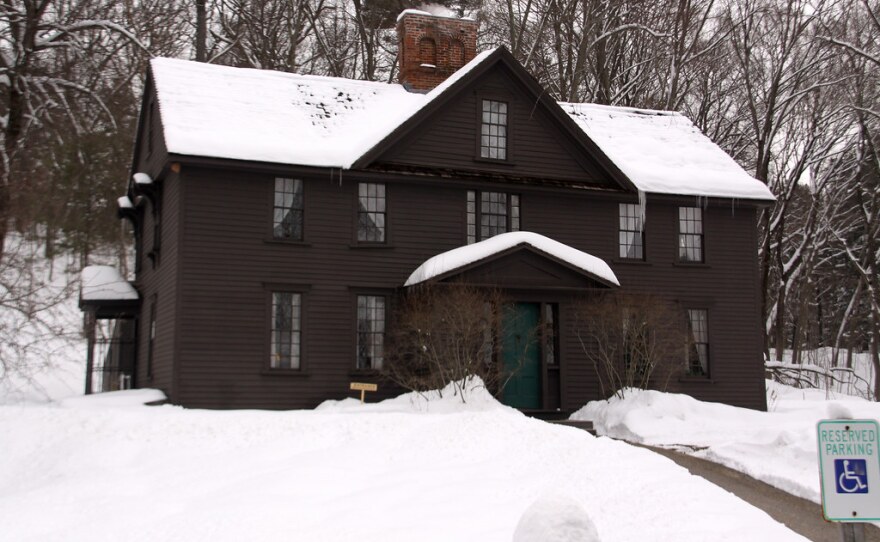Over the years several directors have attempted to bring the classic mid-19th century novel "Little Women" to life on the big screen.
Greta Gerwig’s 2019 adaptation has received accolades from critics and audiences alike. But for Louisa May Alcott scholar and Illinois State University Distinguished Professor Roberta Trites, this latest iteration ultimately fails, like its predecessors, to capture the novel’s essence—just in different ways.
Speaking on WGLT’s Sound Ideas, Trites said while previous versions sacrificed plot for character, Gerwig’s film makes the opposite mistake, squeezing as many plot points as possible into its 135 minutes. Take the film’s portrayal of Marmee March, the girls’ mother, based closely on Alcott’s own mother.
“Marmee is given short-shrift,” Trites said. “She is the bedrock on which the family life is built, and her daughters almost worship her. They don’t want to leave her when they get married, they come to her almost constantly for advice ... Abba May Alcott was an incredible woman, and she’s depicted that way in the novel, not so much in the movie.”
Trites said the film’s clipped scenes also undercut some of its main characters.
“There’s several scenes, for example, when Meg is really having a difficult time with her twins, Daisy and Demi,” she said. “She’s having a difficult time competing with Sally Moffet. And we don’t understand her motivations. We don’t understand why everyone loves Beth so much. She just doesn’t have enough screen time to be the deeply spiritual presence in the house that she is in the book.”
Gerwig has talked about how she worked hard to fill the film with historically accurate details. Trites said while Gerwig succeeds on a domestic level, the film may have been better served with that attention trained on some larger points.
The film fuses the character Mr. Dashwood, editor of the serial thriller newspaper The Volcano, with Mr. Niles, the editor who originally spurred Alcott to write Little Women.
“To conflate those two is to say basically the editor of the National Enquirer is the same as the editor of Atlantic monthly,” Trites said.
The film’s setting, Orchard House, is also missing some historical context, Trites said.
“Readers that are aware that the Marches are living in gentile poverty will understand what’s going on with this fancy Orchard House that they’re living in, but readers who haven’t read the book must be thinking, ‘How can these girls keep calling themselves poor with this big house, fancy food, pretty dresses?” said Trites. “And most annoyingly, there is no pond across the street from Orchard House!”
Trites said while the details that bug historians and scholars may go unnoticed by general audiences, “there’s easy shortcuts that could’ve been taken that would have preserved some of the history more accurately.”
Then again, as a literary critic, “I’m not someone who’s emotionally satisfied by a lot of children’s books that get transformed into movies,” Trites admitted. “My children used to tease me, ‘Have you ever seen a children’s movie that you completely like?’ Eh, one or two. 'Shrek' was pretty good.”
Trites did offer some commendation to the film for staying true to Alcott’s intentions for the character Jo.
While Alcott originally ended the book with Jo unmarried, Trites said, “[Alcott] got so much fan mail that her publisher Mr. Niles said you have to have Jo get married. Well she refused to marry Laurie, that wasn’t gonna happen. So instead she created, in her own words, this funny match for Jo, this man who is significantly older and who’s much kinder than we get to see in this movie.”
“At least this time they let Jo be her own agent in every possible way when it came to her writing,” she added.
And if the film leads people to read the novel, that’s a success in its own right, Trites said.
“People who do read the book, and I can’t encourage people enough to do so, will find a deep beauty that’s very emotionally satisfying that’s lacking in the movie.”
People like you value experienced, knowledgeable and award-winning journalism that covers meaningful stories in Bloomington-Normal. To support more stories and interviews like this one, please consider making a contribution.




